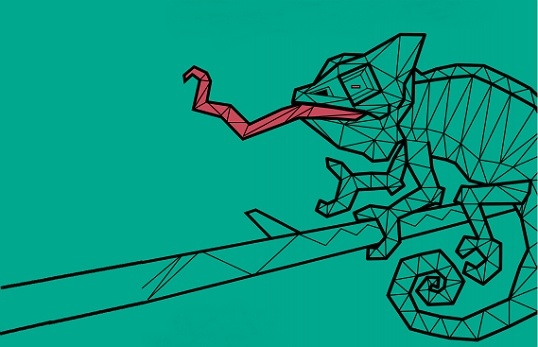
Yesterday was hot with two new Bagles let loose. The worms were mailed using spam methods in one of the largest mass mailings this year. I hope that the weekend will mean the outbreak will calm down.
The third Bagle we saw yesterday was almost identical to the first two, except for a mistake in the code: it can’t send copies over email. We put this variant in with Bagle.au, but may re-name it Bagle.av.
It is hard to see the difference between a mass-mailing and a real epidemic, so different AV companies gave the new Bagles different danger levels. We chose to stay at ‘medium risk’, for instance.
This incident confirms my idea that the Age of Worms is over. The new Bagles made news during the initial mass mailing, when they used zombie machines infected by Trojans.
The danger today is from botnets, not worms, and we are very concerned about this.





















Yesterday’s Bagles – how dangerous are they?